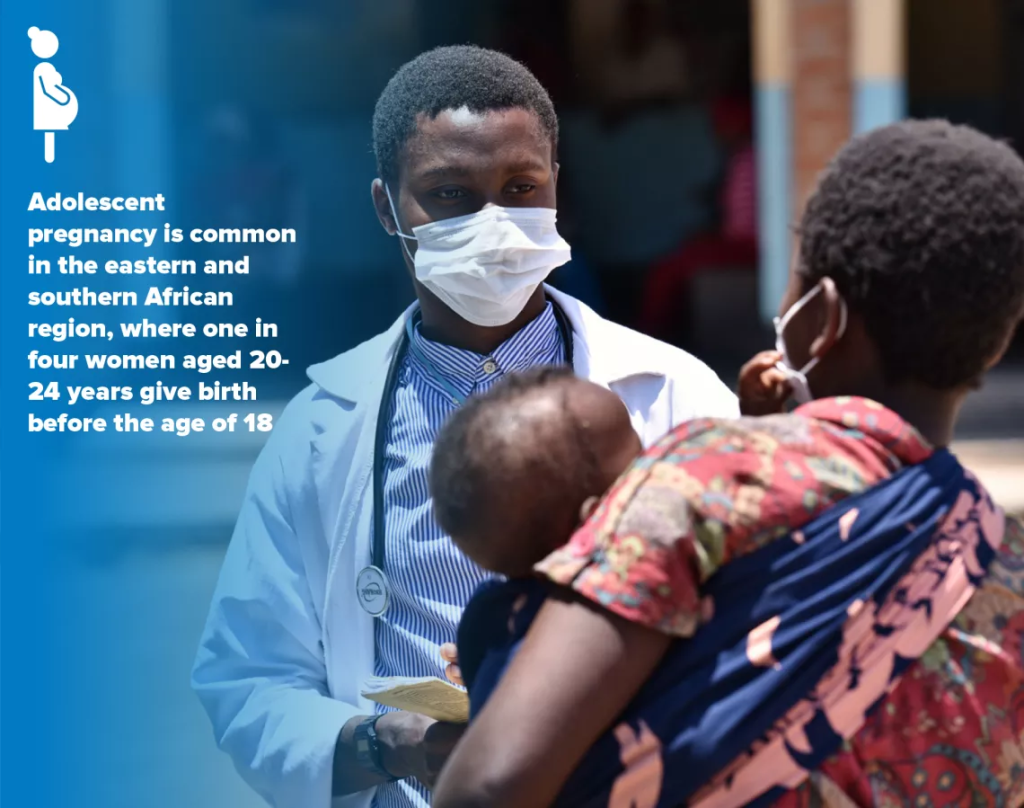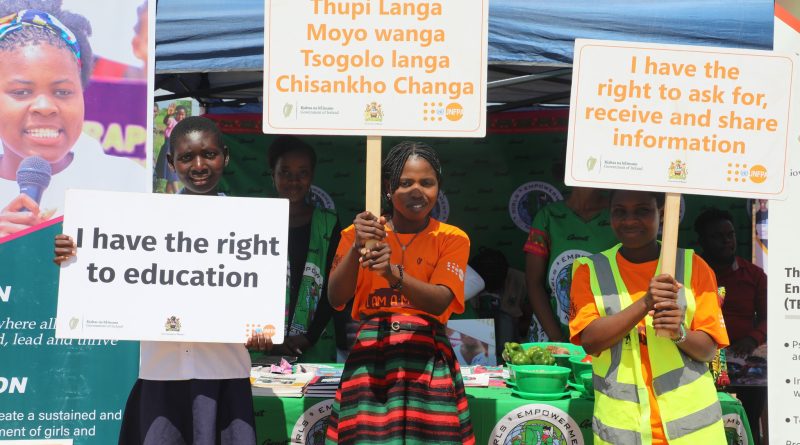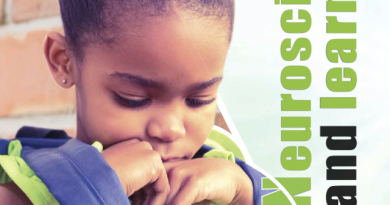Sexual and Reproductive Health and Rights: Why we should care
It is an undeniable fact that a good number of parents are uncomfortable to talk about Sexual and Reproductive Health and Rights (SRHR) issues with their children. For instance, when a girl reaches puberty, she will be sent to her aunt or some distant relation, to be told and taught what this state of affairs means. Others get information from older girls; chances are that they can be misled – there is a whole lot of false and inaccurate information regarding SRHR issues among youths. This is where parents and guardians need to take a leading role, offering right information on sexual and reproductive health.
In schools, teachers should also step in and educate their pupils and students on how their bodies work. Disinformation is the reason most girls find themselves in situations that disrupt their education. It is also the reason why boys have regretted their actions after contracting STIs and HIV and AIDS – destroying what should have been otherwise a brighter future. The youth therefore, must tread carefully when dealing with critical issues surrounding SRHR.
The myth and lies surrounding SRHR have done a lot of damage than good to the youth of this beautiful nation. Truth of the matter is that whether we like it or not, the youth of today – aided by advancements in technology – get information on issues perceived as only meant for eyes and ears of the elderly and end up making bad decisions. The best way to get around this contentious issue is to be more open to the youth. Tell it as it is – tell them the truth about sexuality and SRHR. Yes, they have sexual and reproductive health and rights – but they also need to be responsible. They don’t have to indulge in behaviours which are detrimental to their health and wellbeing.

The youth must always remember that every right has responsibilities attached to it. Thus, while they have access to information on SRHR, they must also be responsible for their actions. Information on SRHR should be used for building their futures. Sadly, there are some youths who think access to SRHR services is a passport to promiscuity. Actually, those who think SRHR services give them the right to engage in delinquency, are missing the point. SRHR services should help the youth not to be promiscuous. Youths should look at SRHR services as tool with which to fight behaviours that can shorten their precious lives.
Equally, worth debating is the fact that youths form the largest constituency in this country. Malawi has one of the youngest populations on the continent. It means that in no time, youths will be taking over leadership in politics, in civil society, in private sector and in civil service. Only healthy youths can take over these positions from an otherwise ageing generation. A sick youthful generation will at some point create a vacuum in the economy. The youth means a lot when it comes to rebuilding the economy of Malawi. This country cannot afford to have a generation that is sickly. The youth must always remember that they have a responsibility serve their nation and that goes hand in hand with good health. They are this nation’s wealth. Let them choose life; and they must therefore choose to understand SRHR in its entirety. It’s what will keep them going.
The youth must demand SRHR services in all clinics across the country. They must use the information they get for good reasons – and among them is to live positive and health lives. Youths should not abuse SRHR services as that works against the spirit of empowering them to be good and responsible citizens.
We hope that all things being equal, access to information on SRHR will create a generation that someday in future, will transform Malawi into a nation that will have over 90 percent of its population bustling with healthy people.



